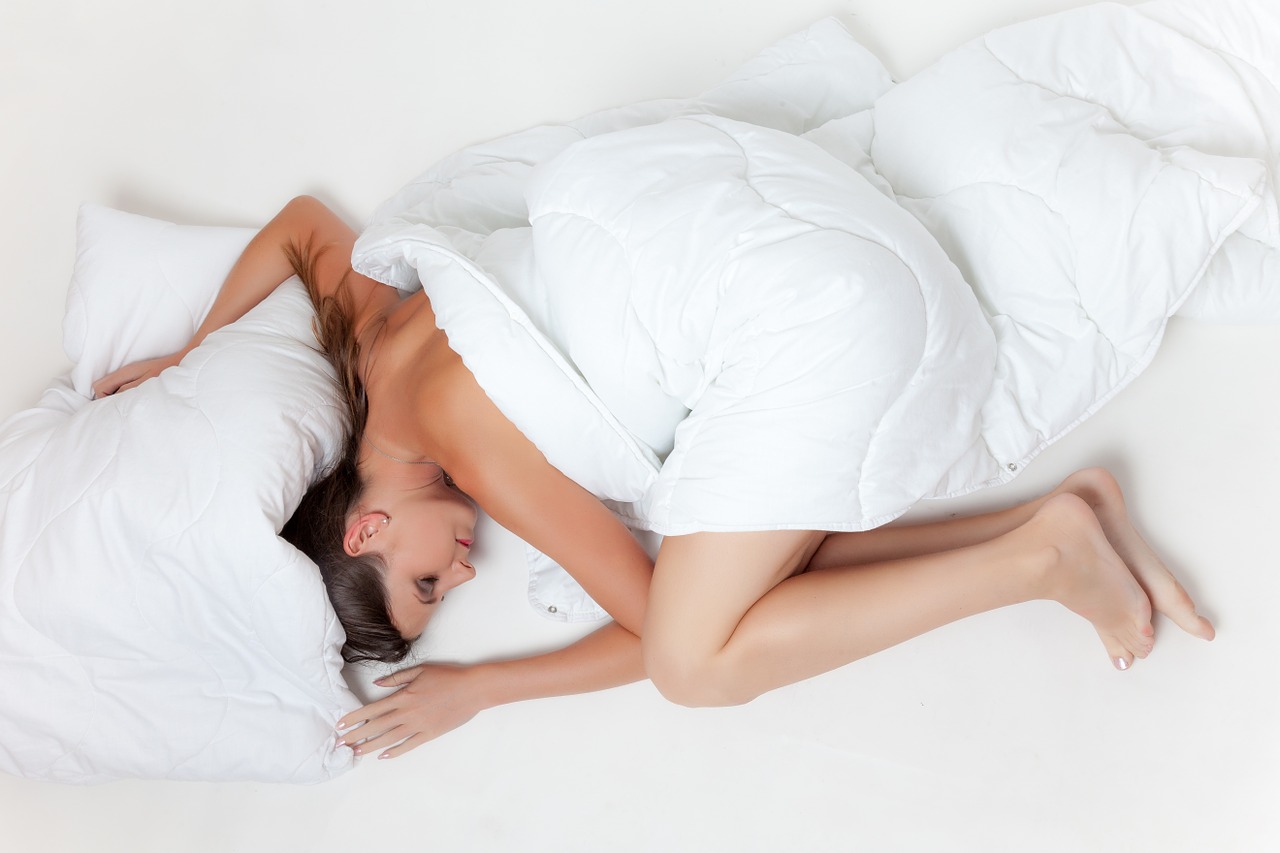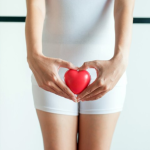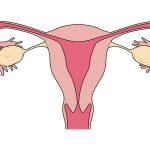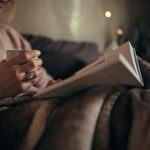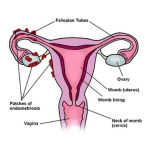There is sufficient research to show that women are more prone to sleep-related disorders than men. One of the main reasons for this is the hormonal make-up of a lady. When there is a spike or a drop in hormone levels, especially during the menstrual cycle, pre or post pregnancy and at the time of menopause, women are found to report more sleep-related issues than men. In fact, women are 1.4 times more likely to complain of insomnia than men would. Also, sometimes, the problem women have is excessive sleeping and sleepiness.
There is no racial basis on which sleep disorders affect women, but their side effects are plenty. There is an increased chance of stroke as well as cardiac trouble in women. Hypertension and obesity are also possible. Since sleep controls most of our bodily functions, there is every chance of lack of sleep being harmful to our health.
There are quite a few factors that influence sleep patterns in a woman and some of them are:
- Hormonal changes
Hormonal changes during the menstrual cycle also cause insomnia or even daytime sleepiness. Besides having direct or indirect effects on sleep, they can also affect moods and emotions. This is commonly known as premenstrual stress, and almost 80% of women report having it.
- Pregnancy
Pregnancy can also affect sleep patterns. Usually, it is noticed that in the first trimester, women need more sleep and more so during the daytime. During the second trimester, this changes and sleep patterns are more comfortable. Most of the third-trimester women suffer from lack of sleep due to discomfort, acidity, a constant need to urinate, heartburn and fetal movements at odd times. Even pain in the lower back tends to keep women up. Sometimes, there is swelling of the nasal passage resulting in sleep apnea or snoring.
- Menstruation and menopause-related causes
Menopause and women aging can result in both physical and hormonal changes and this can cause sleep-related trouble. There is a tendency to remain awake at night and be restless during the day. Menopausal women also suffer from hot flashes and night sweats, and this is an indication of lower estrogen levels. Deep sleep remains elusive at this time and being awake at night a constant.
- Insomnia Among Women
Insomnia is the most widely reported sleep disorder in women followed by fluctuating sleep patterns, stress, daytime sleepiness and the inability to wake up on time. Psychological stress can be one of the triggers as well. This is especially seen in working mothers who tend to ignore fatigue and other such symptoms that can lead to sleep-related trouble in the long run. Insomnia in women can include the inability to fall asleep, get deep sleep or rising too soon. Many also find it difficult to go back to sleep once awake.
Some of the other sleep-related disorders specific to women are menopausal women tend to suffer from sleep-disordered breathing. This results in loud snoring and interrupted deep sleep. Most women are unable to go back to sleep and are often tired in the daytime. This is a time when sleep apnea sets in for women beyond 50 years of age.
Women can also suffer from restless leg syndrome (RLS) or the periodic limb movement disorder (PLMD). Both can be very disturbing to sound sleep. The real causes for these conditions are not really known. RLS tends to set in just before a person goes to sleep and is a constant strain on the calves. This strain can be relieved by movement, something that happens rather involuntarily at times. PLMD results in periodic movements of the leg that tend to awaken someone. It is also a cause of insomnia. It has an opposite effect at times where it causes excessive sleep. Both of these conditions are commonly seen in senior citizens.
Excessive sleepiness in the daytime is known as narcolepsy. It is characterized by sleep attacks and what is known as cataplexy. A sleep attack is where there is an uncontrollable urge to go to sleep whereas cataplexy is characterized by a sudden loss of muscle tone before which a person will have an unwarranted emotional episode. Sleep paralysis and hypnagogic hallucinations also occur on occasion.
Women today tend to deal with multiple roles at a given time — professional, wife, mother, caregiver and more. Often with reduced times for themselves and extreme levels of stress, sleep deprivation is a natural result. Erratic work and lifestyles tend to lead to sleeping trouble as well, which is further accented when faced with hormonal imbalance.
Many women find it comforting to take in some caffeine or nicotine closer to bedtime. However, these are stimulants and often don’t help to induce sound sleep. The same goes with vices like alcohol that can lead to fragmented sleep and nightmares. It is often seen that sleep disorders are common among older women. It is recommended that one should be sleep on a comfortable mattress to induce sleep – visit SleepingCulture to know more about different types and brands of best mattresses.
When it comes to women and sleep problems, there is a range of reasons why women suffer. In many cases, it is the natural order of things based on the hormonal condition of the woman. Recognizing the symptoms and getting prompt help from a specialist can reduce the symptoms.

